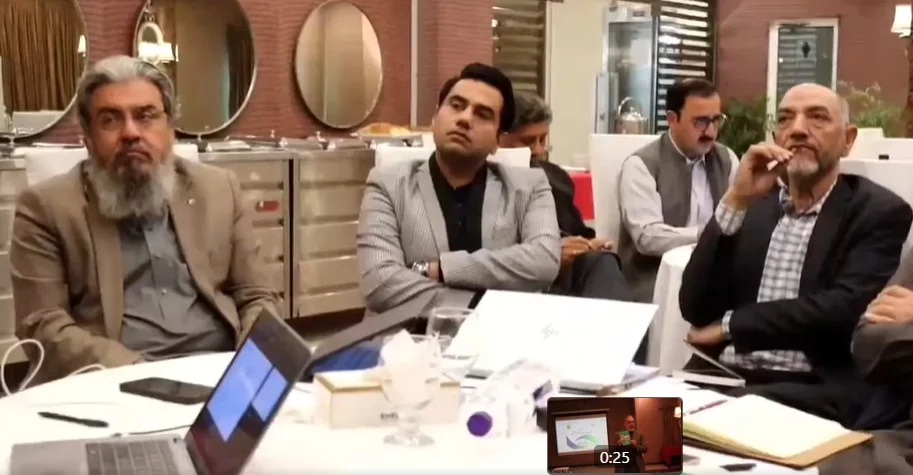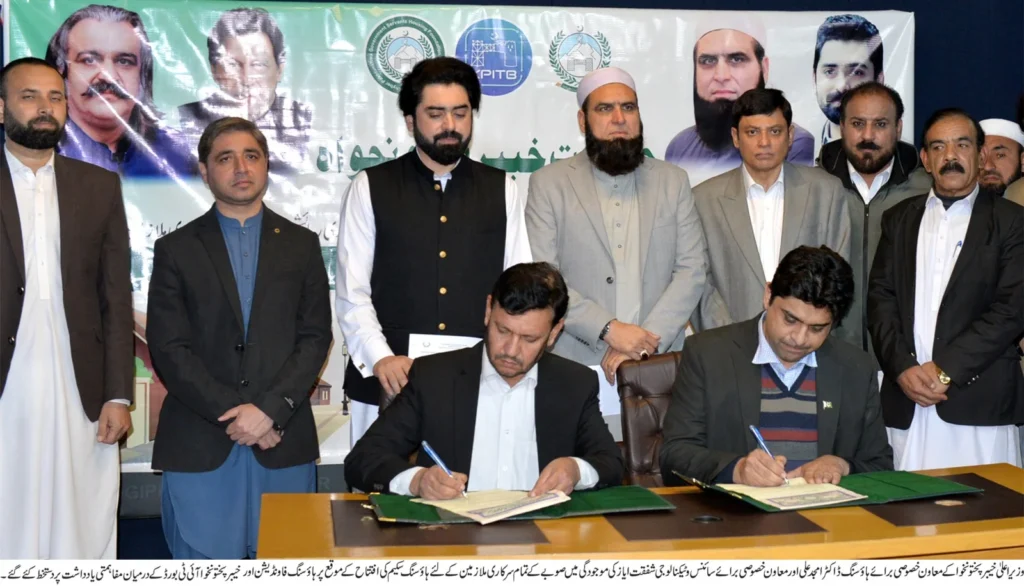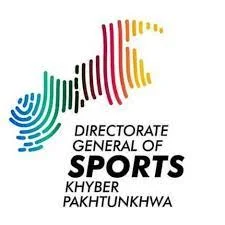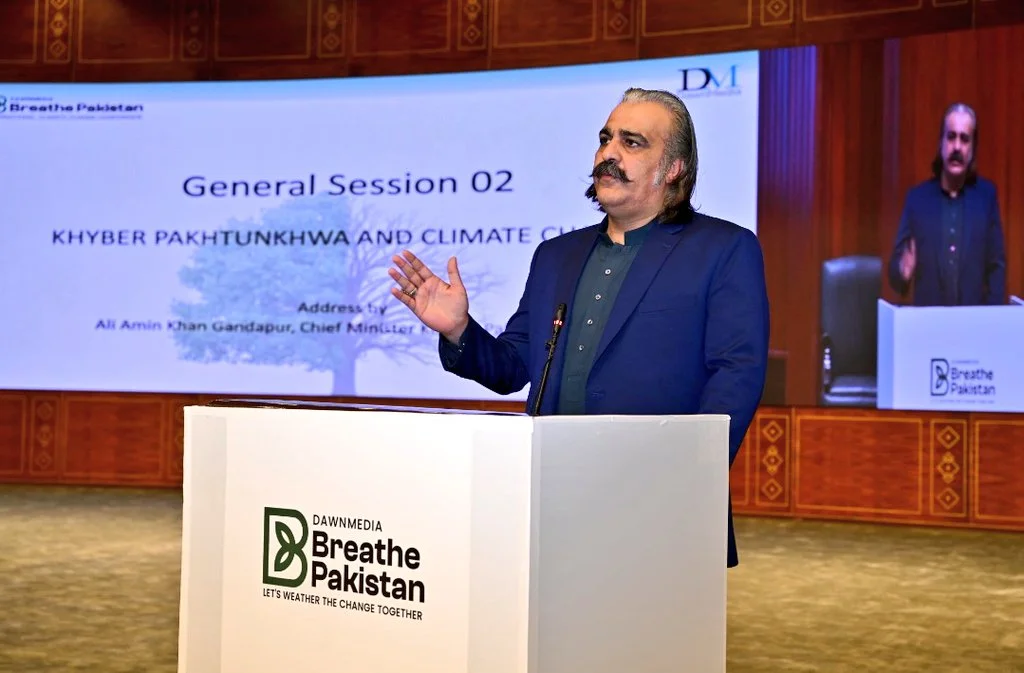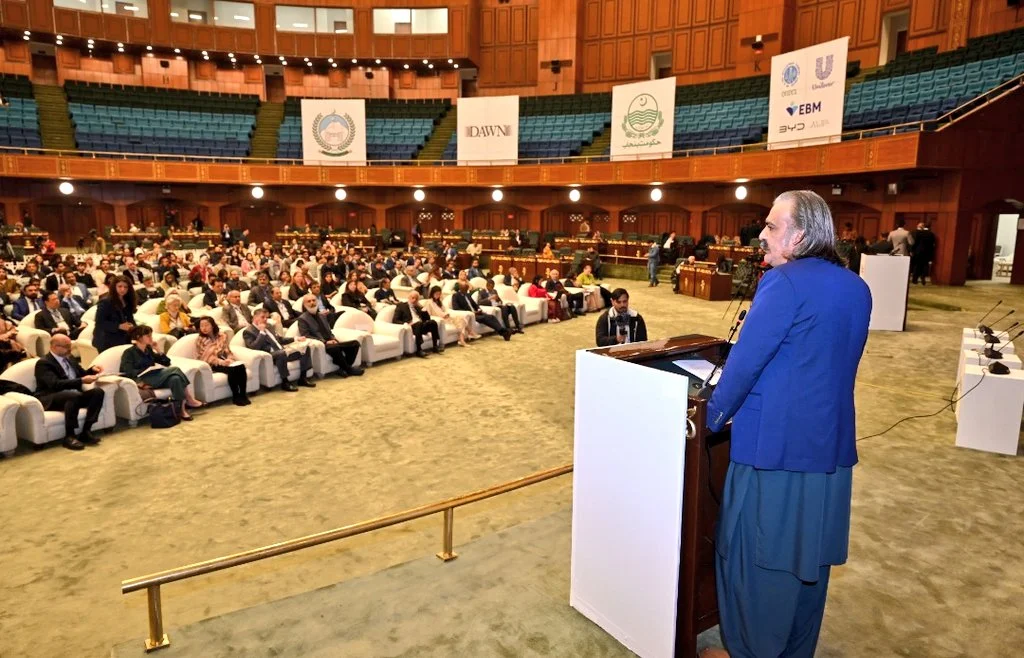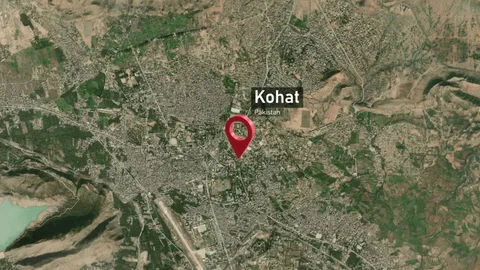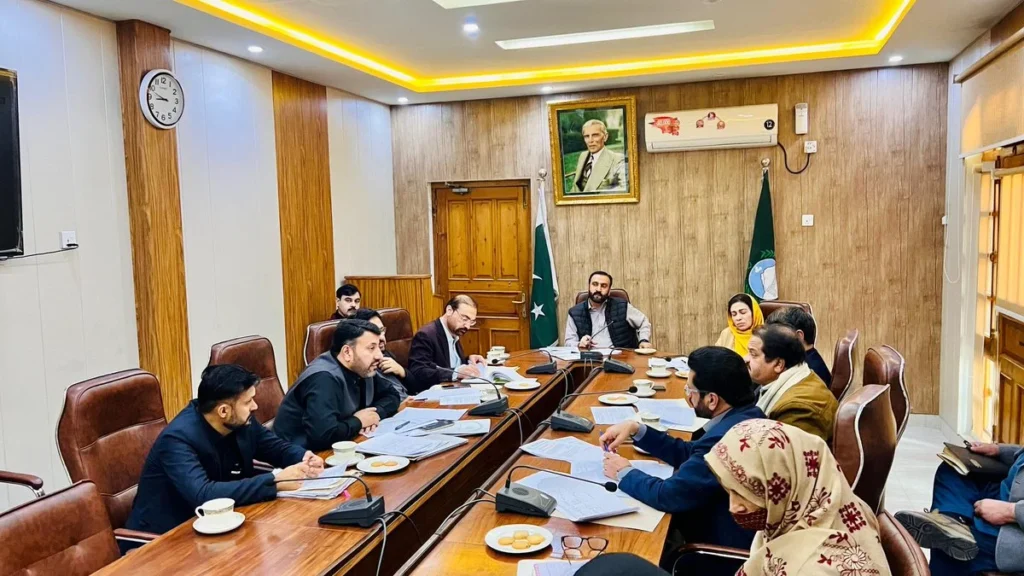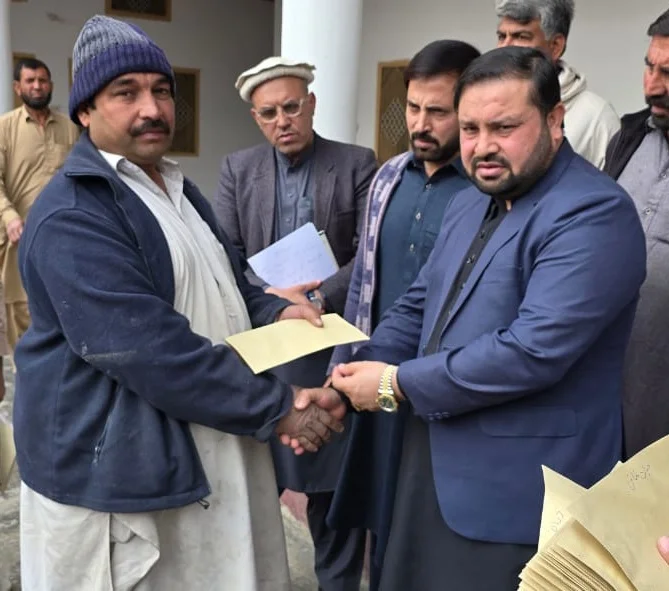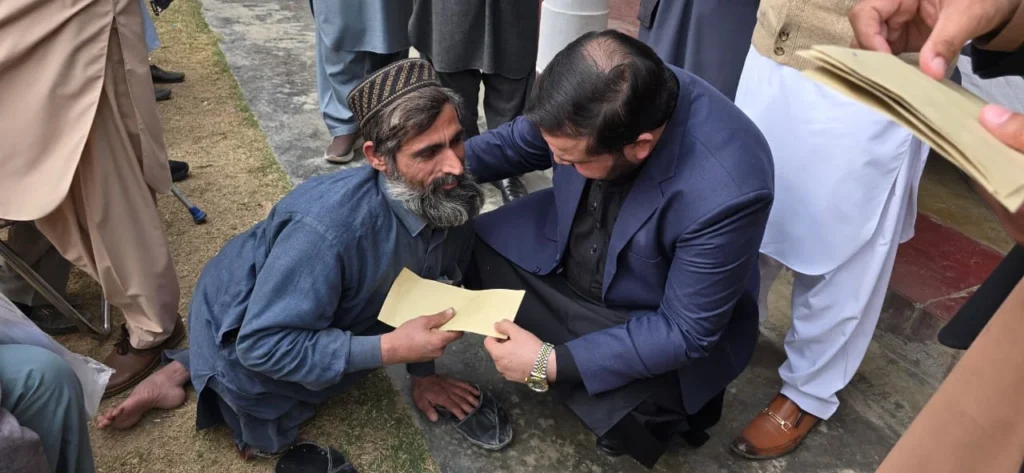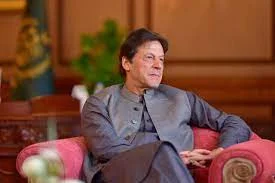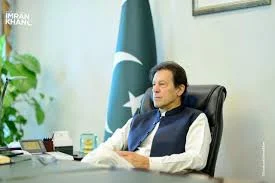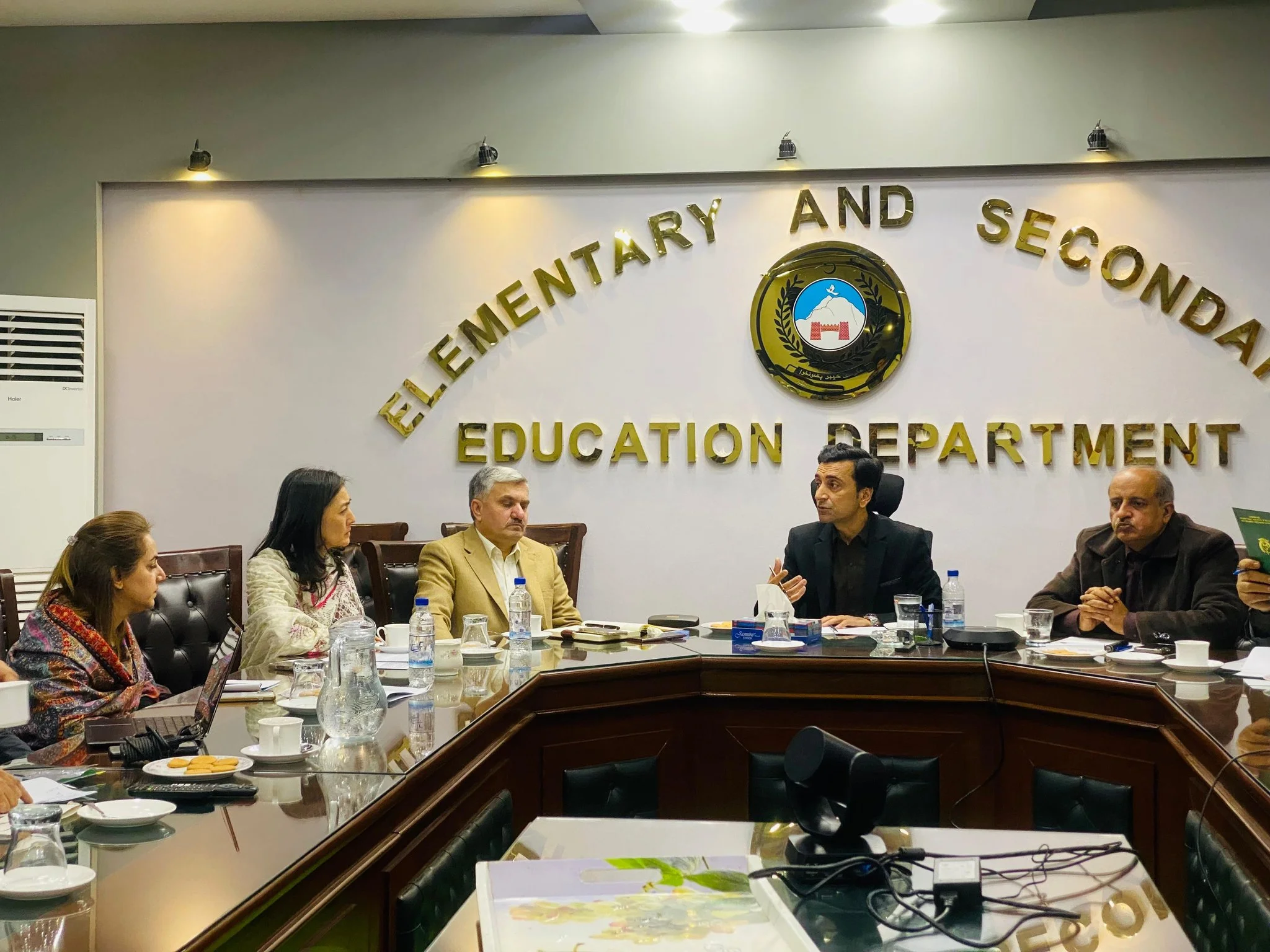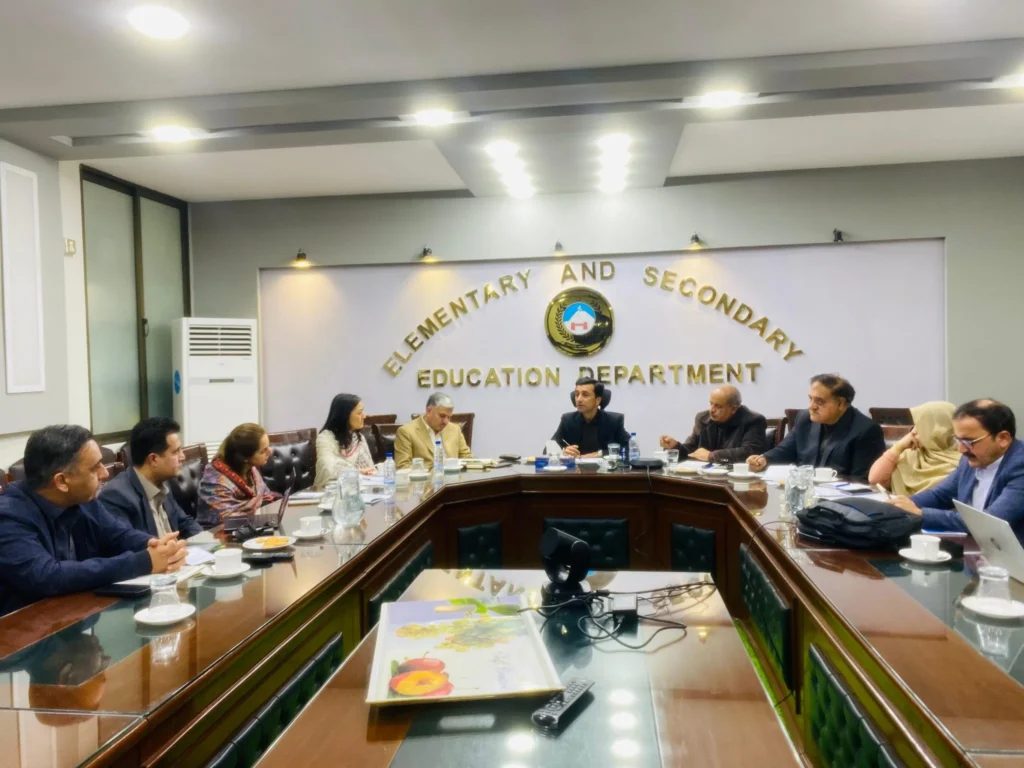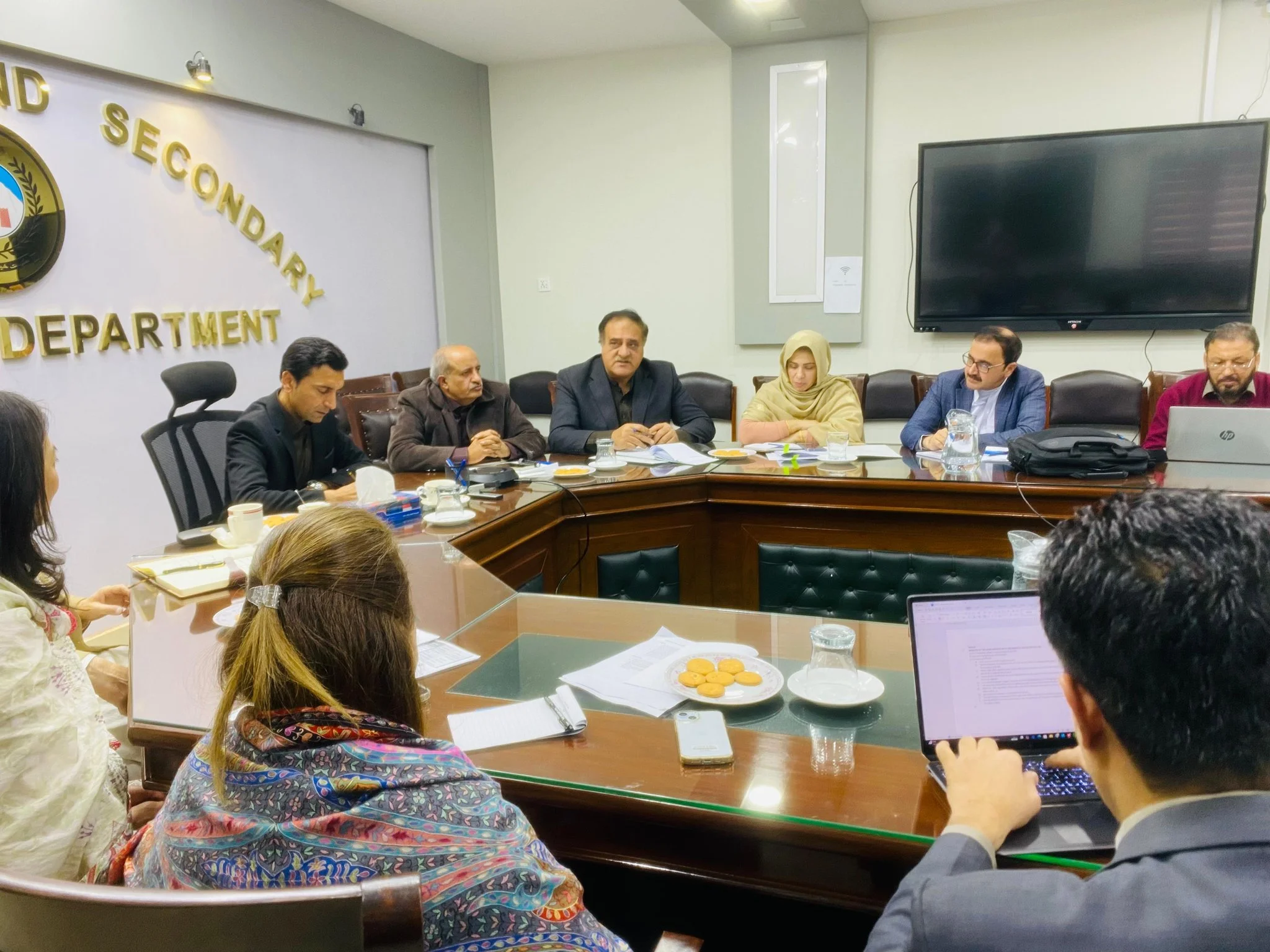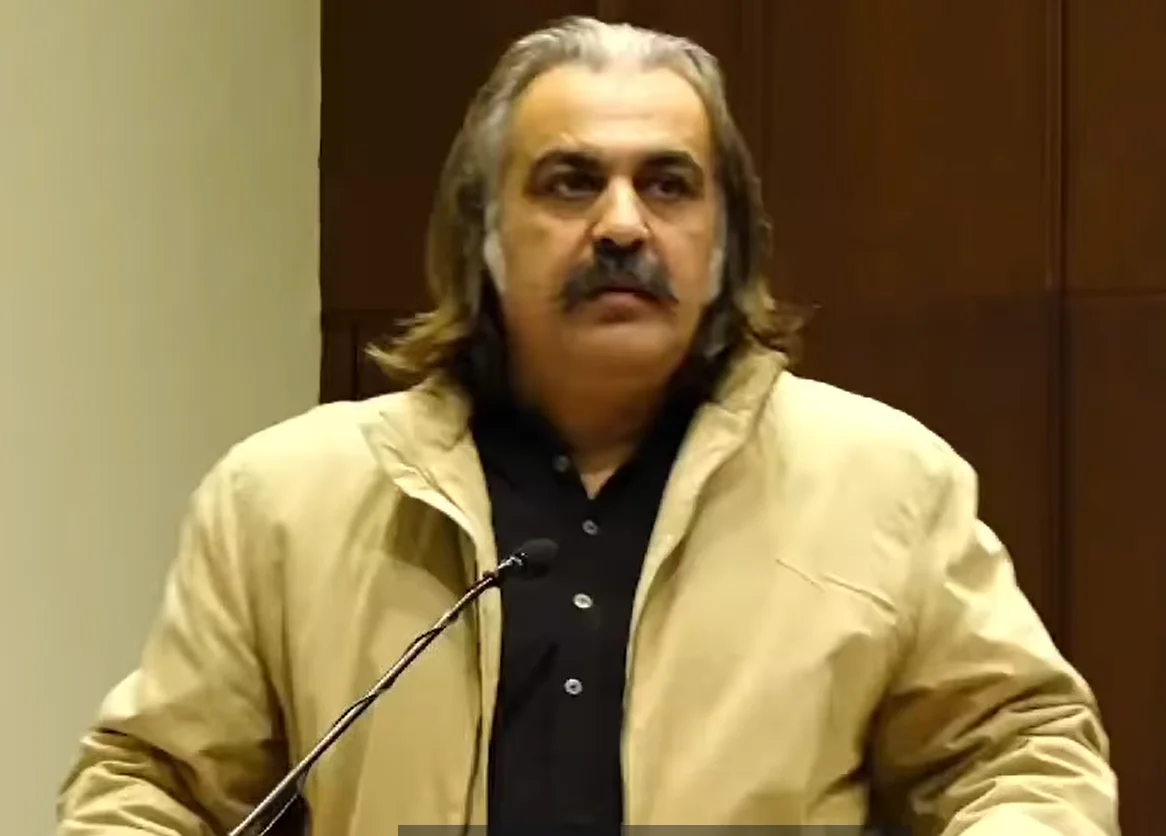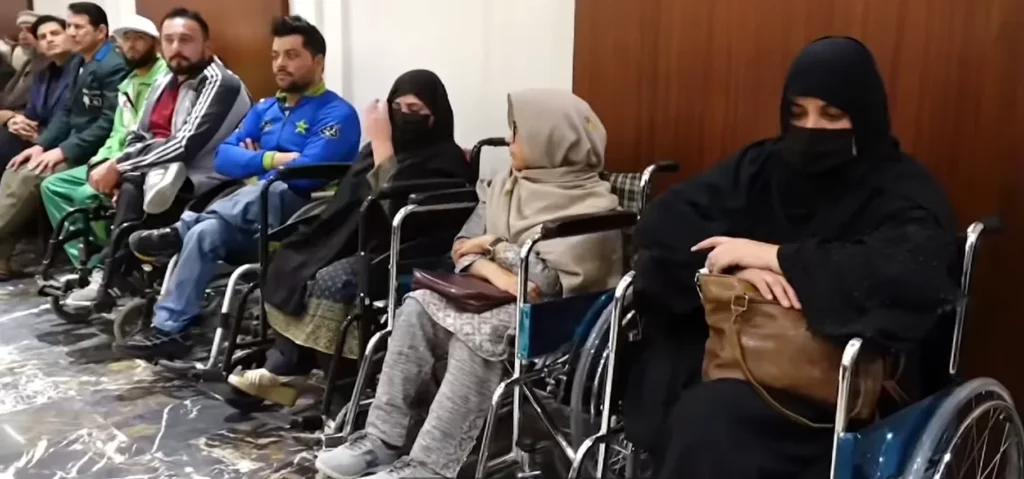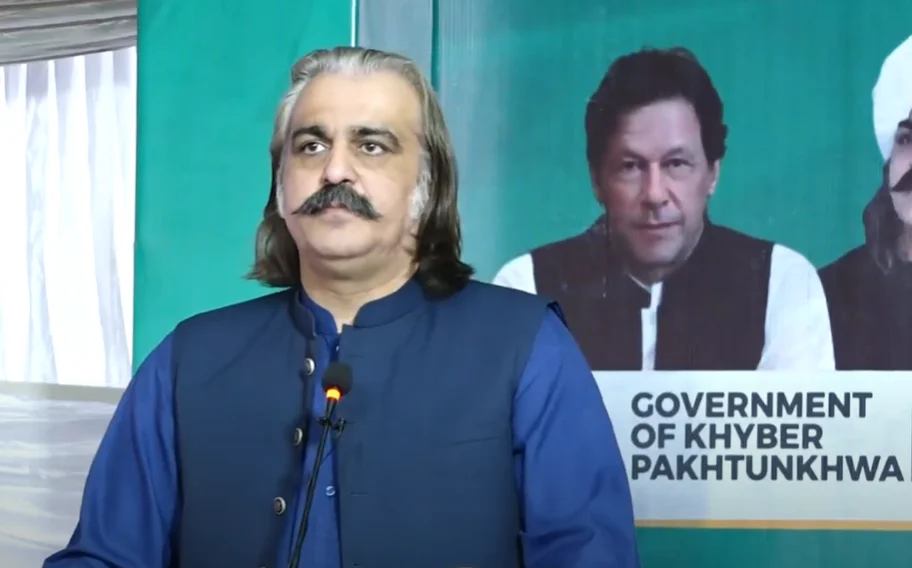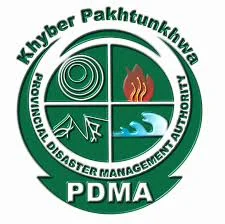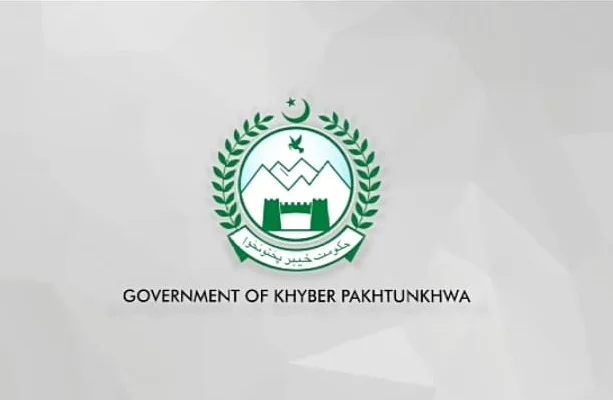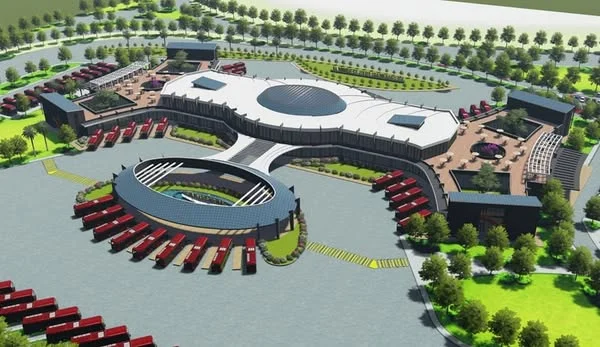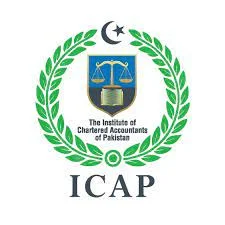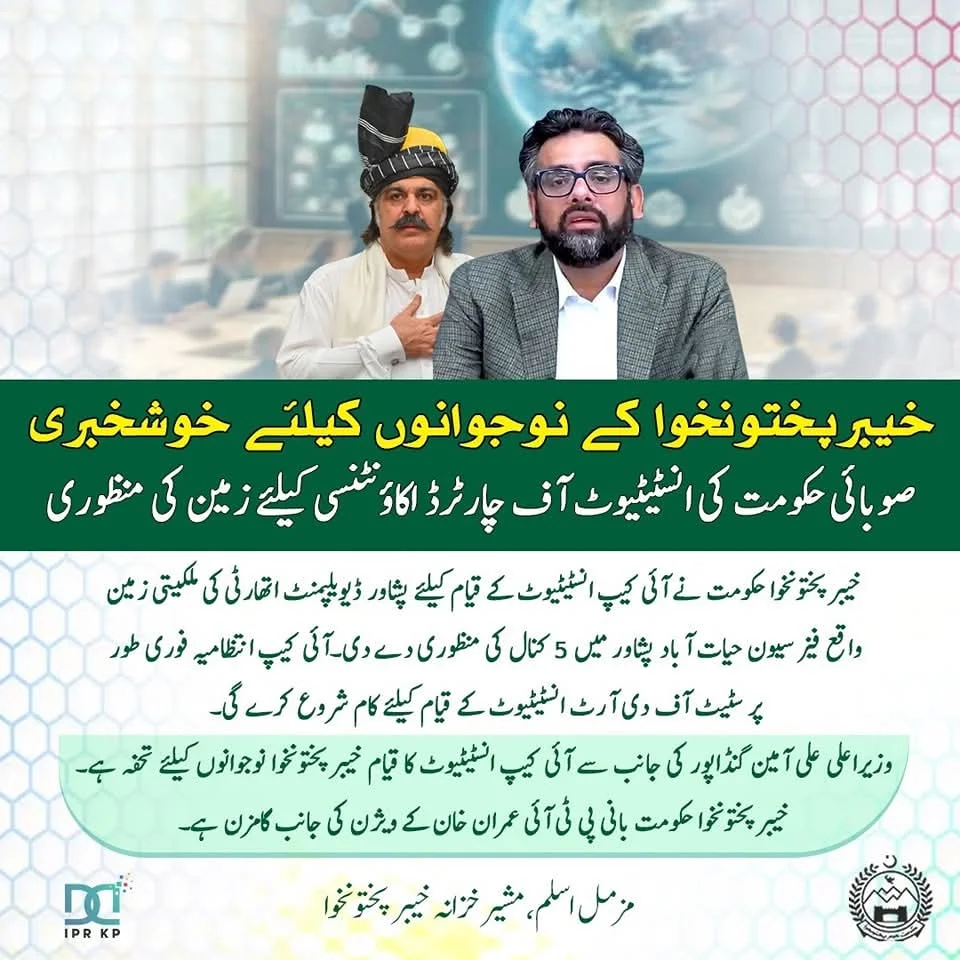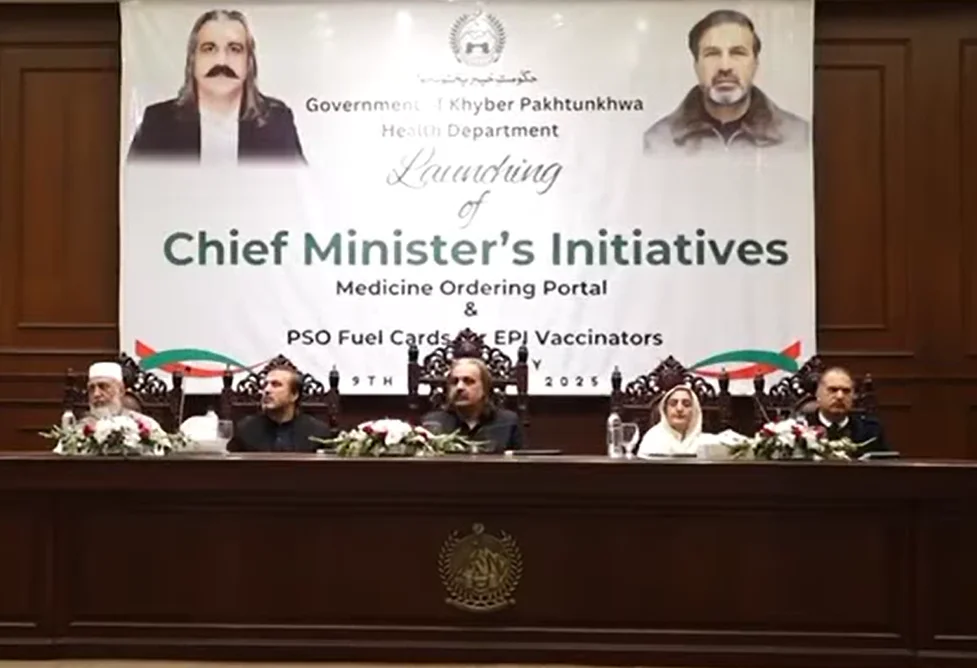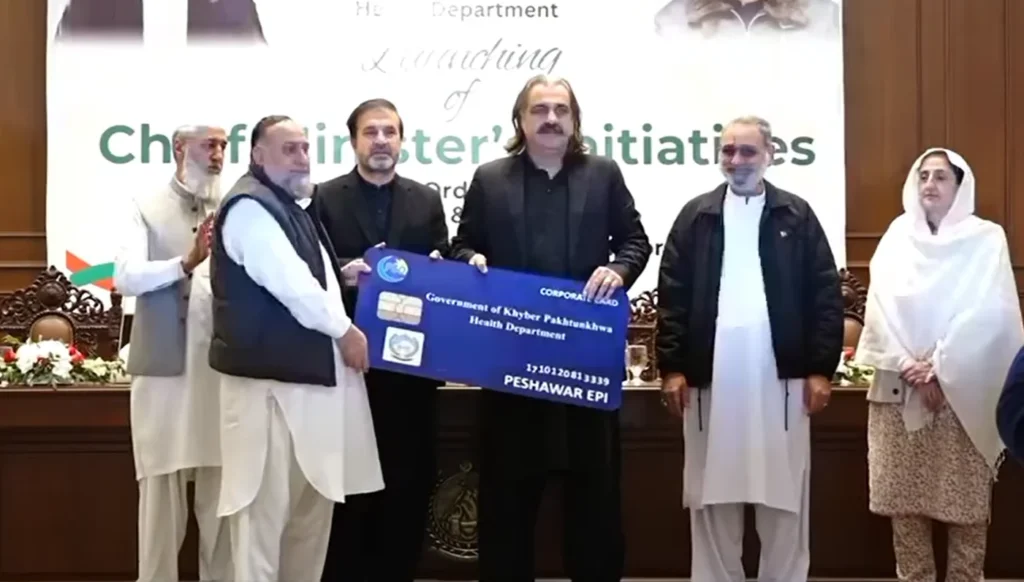In a groundbreaking move to promote social welfare and support underprivileged families, the Khyber Pakhtunkhwa (KP) government has initiated its first-ever mass wedding ceremony program, known as the Khyber Pakhtunkhwa Mass Household Initiative.
This initiative is part of Chief Minister Imran Khan’s vision to empower deserving families and reduce the financial burden of weddings on low-income households.
The first phase of this campaign has kicked off in Peshawar, where 30 eligible, orphaned, and financially struggling couples will tie the knot in a collective ceremony.
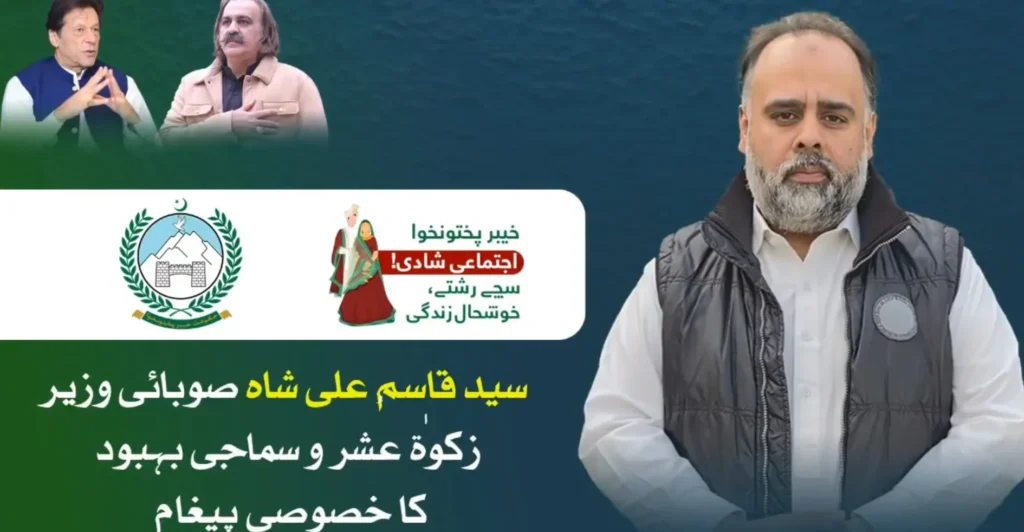
What is the Khyber Pakhtunkhwa Mass Wedding Initiative?
The Mass Wedding Ceremony KPK Initiative is a social welfare program designed to help deserving couples who cannot afford the expenses of a traditional wedding.
The provincial government will cover all wedding-related costs, including venue arrangements, catering, and other essentials. Additionally, each couple will receive financial assistance of PKR 200,000 to help them start their new lives.
This initiative is a collaborative effort under the supervision of the Zakat, Usher, and Social Welfare Department, which is responsible for ensuring the smooth execution of the program.
The first phase focuses on Peshawar, with plans to expand to other districts in the coming months.
Why is This Initiative Important?
Weddings in Pakistan are often expensive, and many families struggle to meet these costs, especially those from low-income backgrounds. For orphaned or financially vulnerable individuals, arranging a wedding can seem like an impossible dream. The KP government’s mass wedding initiative aims to:
- Reduce Financial Burden: By covering all wedding expenses, the program alleviates the financial stress on families.
- Promote Social Equality: The initiative ensures that even the most vulnerable members of society can celebrate their special day with dignity.
- Encourage Community Support: Collective weddings foster a sense of community and shared happiness.
- Empower Deserving Couples: The financial assistance provided helps couples start their married lives with stability and confidence.
How Will the Program Work?
The mass wedding program is being implemented in phases, with the first phase targeting 30 couples in Peshawar. Here’s how it works:
- Eligibility Criteria: Couples who are orphaned, financially struggling, or otherwise deserving are identified through a transparent selection process.
- Government Support: The provincial government covers all wedding expenses, including venue, food, decorations, and other necessities.
- Financial Assistance: Each couple receives PKR 200,000 as a financial grant to help them establish their new household.
- Community Involvement: Local communities and religious leaders are involved to ensure the ceremonies are conducted with cultural and religious sensitivity.
Statements from Government Officials
Sayed Qasim Ali Shah, the Provincial Minister for Zakat, Usher, and Social Welfare, released a video message highlighting the significance of this initiative.
He described it as a major step toward social welfare and poverty alleviation in the province. According to him, the program reflects the government’s commitment to supporting vulnerable populations and promoting social justice.
Future Plans for the Initiative
The success of the Peshawar phase will determine the expansion of the program to other districts in Khyber Pakhtunkhwa. The government plans to:
- Increase the number of beneficiaries in future phases.
- Extend the program to remote and underserved areas.
- Collaborate with local organizations to ensure transparency and efficiency.
How This Initiative Benefits Society
The Mass Wedding Ceremony KPK Initiative is more than just a social welfare program; it’s a step toward building a more inclusive and compassionate society.
By supporting underprivileged couples, the government is not only addressing immediate financial needs but also fostering long-term social stability.
Conclusion
The launch of the Khyber Pakhtunkhwa Mass Wedding Initiative marks a significant milestone in the province’s efforts to promote social welfare and reduce economic disparities.
By helping deserving couples celebrate their weddings without financial stress, the government is setting an example for other regions to follow.
This initiative is a testament to Chief Minister Imran Khan’s vision of a welfare state where no one is left behind.
As the program expands, it promises to bring hope and happiness to countless families across Khyber Pakhtunkhwa, making it a model for social development in Pakistan.



